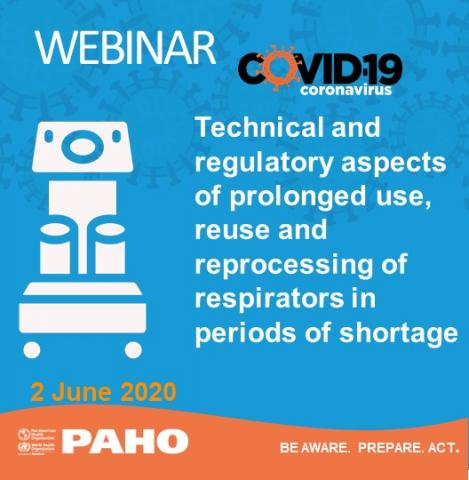CARPHA-CRS recommends a diagnostic test kit for the novel SARS-CoV-2
The Caribbean Public Health Agency’s Caribbean Regulatory System (CARPHA – CRS) has issued a recommendation of a diagnostic test kit for the novel SARS-CoV-2 coronavirus 2019 for emergency use authorization and/or import by the Member States of the Caribbean Community (CARICOM). The agency has implemented a verification review process for medicines, vaccines and test kits, that were approved for emergency use by recognized regulatory authorities, according to a PAHO document “Reliance for Emergency Use Authorization of Medicines and Other Health Technologies in a Pandemic (e.g. COVID-19)” that provides guidance to national regulatory authorities and regulatory systems on practical ways to implement reliance for emergency use of medicines and other health technologies in and around a pandemic.
To date, more than 100 medicines and other health technologies has been ercommended by CARPHA-CRS to CARICOM Member States. Such recommendations are based on verification that the same products have been approved in reference agencies. Over 20 different companies have submitted products, which are typically generic versions of essential medicines, including products for non-communicable diseases like hypertension and cancer. The CARPHA-CRS has recommended innovator products as well, including a product that is curative for Hepatitis C, which was recently registered in Jamaica.
Further information available at:
CRS recommended medicines list


